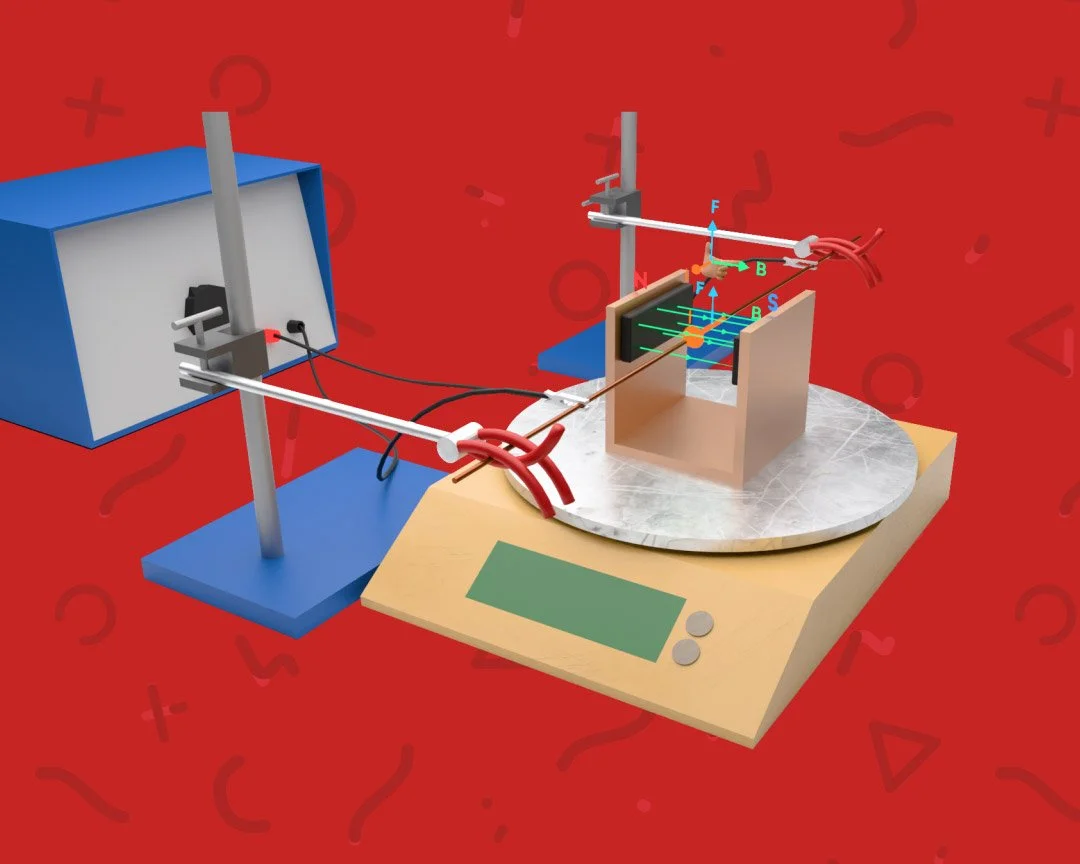Creating a Study Schedule for GCSE Success
Welcome to GoPhysics.co.uk, your ultimate resource for GCSE Physics. As you embark on your journey to exam success, one of the most crucial steps is establishing an effective study schedule. A well-structured plan not only helps you cover all subjects but also ensures a balanced approach to your studies. In this blog post, we'll guide you through the process of crafting a study schedule that aligns perfectly with your goals.
1. Assess Your Current Commitments
Begin by taking stock of your current commitments. Consider your school timetable, extracurricular activities, and any other responsibilities you may have. This will give you a clear picture of the time you have available for studying.
2. Prioritise Your Subjects
Identify the subjects that require more attention or those you find more challenging. Allocate more study time to these subjects while still ensuring you dedicate ample time to others.
3. Break It Down
Rather than trying to study an entire subject in one go, break it down into manageable chunks or topics. This approach makes it easier to digest complex information.
4. Set Specific Goals
Establish clear, achievable goals for each study session. For example, aim to complete a specific number of pages, work through a set of practice questions, or understand a particular concept.
5. Mix It Up
Vary your study techniques. Incorporate different resources like video lessons, animations, flashcards, and in-built questions from GoPhysics.co.uk. This dynamic approach keeps your study sessions engaging and reinforces your understanding.
6. Incorporate Regular Breaks
Remember to include short breaks in your schedule. Studies show that taking breaks improves focus and retention. Aim for a 5-10 minute break every 45-60 minutes of study.
7. Create a Weekly and Monthly Overview
Design a weekly schedule that outlines your study plan for each day. Additionally, have a monthly overview to track your progress and adjust your schedule if needed.
8. Be Realistic
Set achievable study targets. Overloading yourself with unrealistic expectations can lead to burnout. It's important to find a balance between productivity and self-care.
9. Review and Adapt
Regularly assess your progress and adjust your schedule as necessary. If you find certain techniques or resources particularly helpful, allocate more time to them.
10. Prioritise Rest and Well-being
Adequate sleep, balanced nutrition, and exercise are vital for optimum performance. Make sure to allocate time for self-care activities in your schedule.
By following these steps, you'll be well on your way to creating a balanced and effective study schedule for your GCSE success. Remember, consistency and dedication are key. Make the most of the incredible resources available at GoPhysics.co.uk to enhance your learning experience.
-




